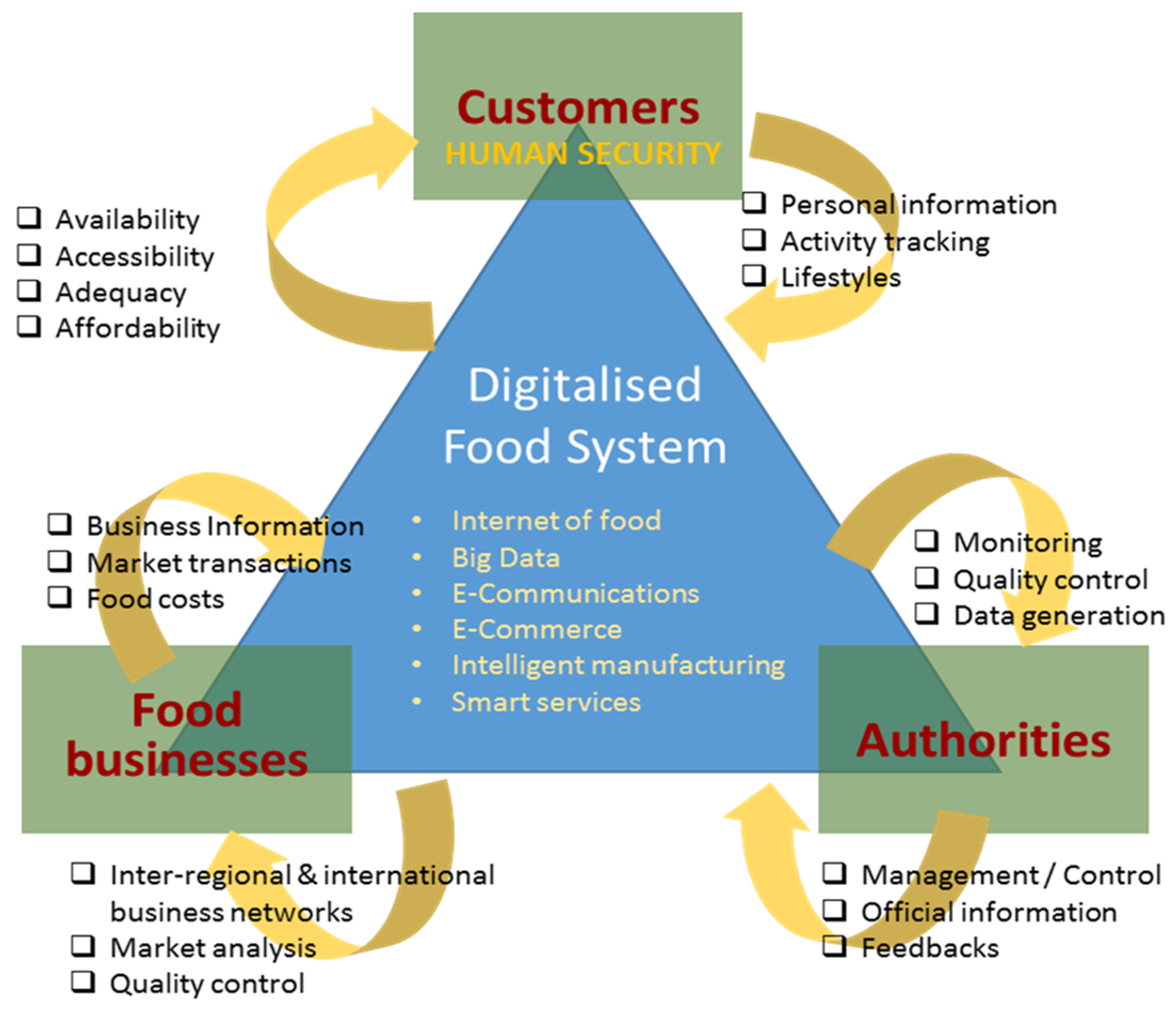This article will examine the reasons why Africa has been marginalised by Western academics by looking at the decision-making process, or how subjects for research are chosen. It will look at the internal dynamics of the academic world, and then the external influences of the policymakers, media and the public.
Internal Dynamics
Academics holding positions in the social sciences at universities in democratic countries are, in principle, generally free to research whatever they like, and, within certain limits, may pursue whatever sparks their intellectual curiosity. It is not quite that simple, however, in reality. Academics are likely to make choices giving consideration to their careers, and this means a tendency to gravitate towards topics that are already the subject of attention.
This happens for three reasons: there is an assumption that if many others are already examining the subject, then it must be worthy of attention; they believe that opportunities for intellectual support and feedback will be greater; and finally, contributing to a field that attracts attention enhances academic visibility and career advancement (Lepgold and Nincic, 2001: 15). Academics can easily identify ‘hot’ topics for research, such as ‘humanitarian intervention‘ or ‘terrorism’, and may get on the bandwagon to further their careers and reputation in the field.
There may even be logistical difficulties hampering research. Researching conflict waged by Western powers is not a difficult task. The ‘official line’ is broadcast through especially set-up press centres, and information abounds from numerous sources. Israel is also easy to access, comfortable and convenient. Attempting to get to the bottom of conflicts in Africa, on the other hand, may require significant cost, discomfort and danger, travelling through inhospitable terrain to reach warlord strongholds where outside attention may not be welcome. The levels of information available in the first place are also highly limited. Even language may serve as a barrier to research being conducted.
Furthermore, however objective academics may strive to be, they cannot remove themselves from the perspectives, notions and environment in which they have been raised, educated and had their careers developed. Academics may carry with them varying degrees of patriotism/nationalism; may believe that their role in society is to contribute to the benefit of their country or their region; and may position themselves in a way that their research is focused on offering analysis and advice to their home governments. Some academics may even accuse other academics of being ‘unpatriotic’ in their work and attempt to ostracize them. This has become more prominent in the West since the terrorist attacks in the USA in 2001.
Even if they are not motivated by support for the government of the day, their upbringing, surroundings and geographical location may be a dominant influence in their section of research. Noam Chomsky, who has long been highly critical of the US government and US foreign policy, for example, still focuses his intellectual energies on the USA and what its government does.
The same applies to publishers. This is not only a question of the subject matter of articles in journals, but also of the authors that publish in those journals. A study found that among four key international relations journals in the USA, only 3 percent of contributors came from outside the Western world, and only 12 percent came from outside the USA. A Middle Eastern scholar reported that she had greater success in publishing academic works when she included the name, as co-author, of her professor from a Western country (Aydinli, 2000: 289-303).
The majority of prominent think tanks, research institutes, and university programs are centred close to home, however independent from their sources of funding they may be (or may claim to be), and however critical they may be of policies close to home. In fact, this is often stated as a reason for being. The Carnegie Endowment for International Peace, for example, “is dedicated to advancing cooperation between nations and promoting active international engagement by the United States”. The goal of the Brookings Institution is “to provide high-quality analysis and recommendations for decision-makers in the U.S. and abroad on the full range of challenges facing an increasingly interdependent world”. European think tanks are more likely to focus on issues close to Europe.
This suggests that, since Western academics are more inclined to focus on issues that affect the interests of their own countries, analysis of African conflicts, which apparently do not affect the interest of the West, are to be left to Africans. While such a geographical division of labour is probably not a positive situation, the question remains: how are African academics contributing to a broader understanding of African conflicts abroad? African universities and think tanks are able to attract but a fraction of the funding of their Western counterparts.
This severely hinders academic activity, and contributes to the ‘brain drain‘, with large numbers of African academics leaving Africa. Some argue that this makes them able to better transmit their research of the continent to the Western world, thereby increasingly its position on the academic agenda. On the other hand, African academics in the West are likely to find themselves operating under the same pressures as their Western counterparts (to involve themselves in researching the popular issues of the day), and as already noted above, non-Western academics are more likely to be marginalised within Western academic communities.
Policymaker Influence
Research institutes generally receive funding from a variety of sources. While some pride themselves on not accepting government funding (to protect their independence) the majority do rely to a large extent on government funding. The US think tank, RAND, for example, is closely linked with the US military, while the United States Institute for Peace is funded by the US Congress, and SIPRI is funded by the Swedish government. Although even institutions receiving government funding may claim to be (and may to a large extent be) independent, government funding for research is often attached to specific programs on specific subjects. This gives policymakers significant influence over the academic agenda.
In general it can be said that the majority of policy-oriented research is demand-driven. Policymakers may commission specific studies for areas in which they feel the need to enhance their understanding of a subject or region, or they may also create positions within government for specialists in certain fields. Research may emerge independently on a relevant subject without a direct government request, but it likely to be a response to an implied demand, by academics that believe it is their role to contribute to the policymaking of their country.
Academics are more likely to take note of speeches, statements and policies made by their own governments than those of others. The demand for research by policymakers may by thematic. Research on democratic peace theory (the notion that democratic countries are less likely to go war with one another) is popular among policymakers in the West, for example, because it is expected that confirmation of this theory will benefit preferred Western policies.
Policymakers also affect the academic world through the movement of personnel between the two sectors. It has already been noted above that many academics are brought into the policymaking arena, often at the request of government institutions. Some even argue that the very purpose of the international studies discipline is to prepare students for a life in policymaking. But it is not a one-way movement of knowledge. In what is known as the ‘revolving door’, many retiring policymakers (particularly in the USA) are given places in think tanks so that the knowledge and experience gained in practical policymaking can be applied to the development of theory and future policy advice.
Lawmakers also are able to influence the work of the academia. This is not only through the approval of grants to certain think tanks through parliament or congress. Some lawmakers even restrict academic freedoms in certain cases. French law, for example, requires that history textbooks portray colonialism in a positive light. Japanese textbooks are also greatly restricted in how they can portray Japanese history, particularly in relation to their role in World War II.
Media Influence
The media is the ‘first rough draft of history’. By focusing on certain conflicts and ignoring others, the media can affect the perception among academics of which conflicts have important historical value and which do not, as well as sparking their individual academic curiosity, or their objection to the way something is being handled by policymakers or the media themselves. The manner in which the conflicts are covered may also affect academic work. The more that the media portray African conflicts in the frame of destructive, tribal and chaotic violence that defies explanation, the less political value academics are likely to attach and the less an explanation will be sought —”condemnation often replaces explanation” (Cilliers, 2000: 5).
The media also influence academia because they are consumers of academic work and provide a platform for enhancing a scholar’s academic visibility. In reporting on conflict situations, the media interview academics, invite them onto analysis programs and request their contributions in newspaper columns and op-ed pieces. Academics add credibility to the work of the media. Generally, however, invitations for such contributions are dictated by the demands of the media institutions. As the West prepared to go to War against Yugoslavia over Kosovo, the media wanted to know: is it legal? What are the political implications? Academics were brought on to programs and into the papers to answer these questions. Similarly, after the September 11 attacks in the USA, the media wanted to know why such a thing could happen? The academics were called upon to answer this question.
For academic institutions and individual academics alike, media attention enhances prestige and opportunities for funding for future research. Thus, the more that academics gear their academic programs to meet the demands of the media, the more they are likely to be noticed, and the more successful they are likely to be. Again, research is encouraged to focus on the popular issues of the day.
Public Influence
As with the media, the general public are also consumers of academic work to some degree. Historical works and books on current affairs are marketable for the general public, and textbooks can also become a source of income for academics. Given that the general public are ‘educated’ in current global affairs primarily by the media, their interests are likely to be closely related to the interests of the media. Academics can thereby gauge what topics are likely to sell to the general public in the form of books for the bookshops or textbooks for universities. Their choices for research can be influenced in this way. Student fees also serve as a major source of funding for universities. Thus, the popularity of the courses they offer (in terms of perceived reputability and relevance to issues of current interest) will affect which courses are offered, and subsequently the academic agenda.
Interest groups and corporations are also customers for academic products. Like any other business, the consumer is king and it is in the supplier’s interest to provide the products that the consumer is interested in. Compared to their colleagues in the USA, think tanks in other Western countries have a relatively weak financial base, and therefore are more likely to have their academic agendas set by-others, although the majority of US think tanks are by no means exempt from such pressures.
Interest groups or even interested wealthy individuals may invest in establishing specific projects for study on a particular topic. Corporations are particularly interested in political developments in foreign countries (from short to long-term) that will affect their business interests. It is thus in the interests of academic institutions to supply information and analysis particularly where Western business interests are concentrated, and Western business interests are not particularly critical in Africa.









